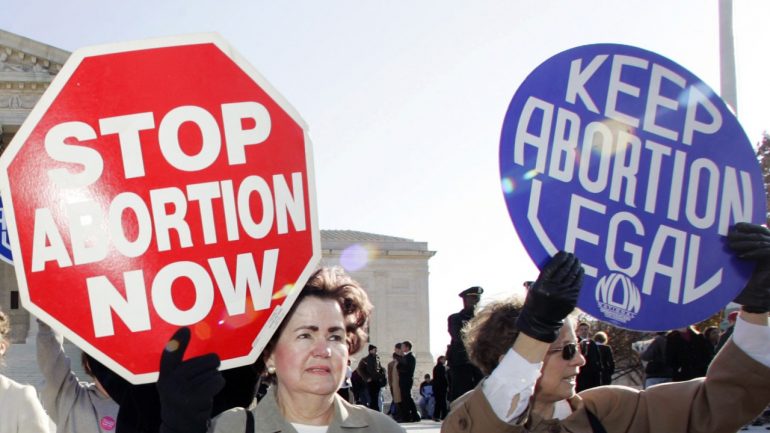The state of Mississippi has demanded that the US Supreme Court revoke the right to abortion recognized federally in the country with a lawsuit filed yesterday Thursday.
"Scandalously wrong"
The Supreme Court ruled in May to consider a law in the state of Mississippi that prohibits most abortions after the 15th week of pregnancy, even in cases of rape or incest.
As part of the process, which is expected to begin in the fall and lead to a decision in mid-2022, Mississippi State Secretary of Justice Lynn Fitz, who is a Republican, ruled yesterday that the Supreme Court rulings recognized the right to abortion is "scandalously wrong".
"The court must annul its rulings in the Rowe and Casey cases, which it took in 1973 and 1992 respectively," Fitz said, adding that "the conclusion that abortion is a constitutional right has no basis."
A window opens…
The Supreme Court refuses in the vast majority of cases to hear appeals challenging its decision in the Rowe v. Wade case, recognizing its constitutional right to abortion, after clarifying that women can undergo such operations as early as 22 .
But he agreed to consider the law of the state of Mississippi, the application of which was blocked by court decisions in the first instance and then on appeal, implying that he could reconsider his previous decisions.
The political balance in the US Supreme Court has changed dramatically to the most conservative with the appointment of three judges during Donald Trump's term. Its members, who are characterized as progressive, are now only three in nine.
According to experts, the top body of American justice may not annul the decision in the case of Rowe v. Wade, but reduce its scope, allowing the states to ban such interventions, which would lead to even greater heterogeneity of legislation. the issue from one state to another.
in.gr
